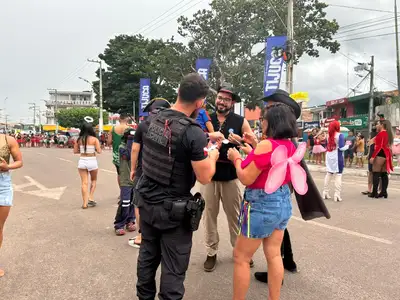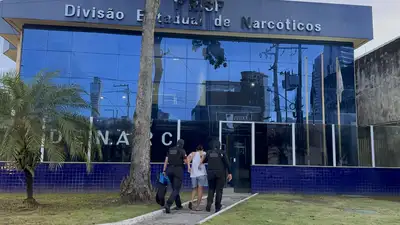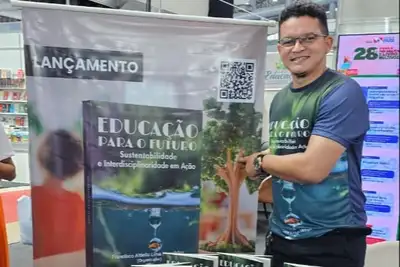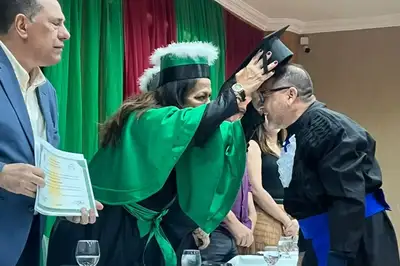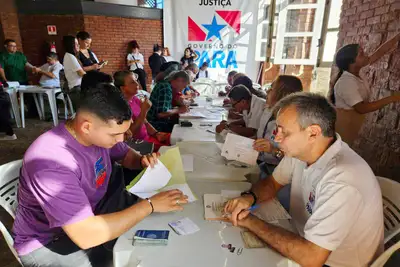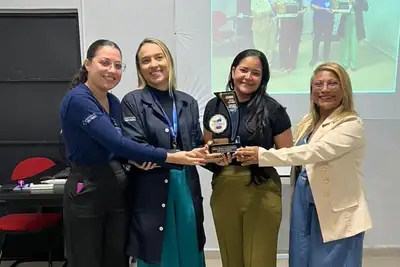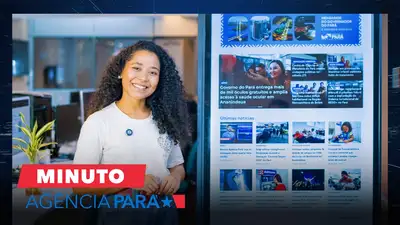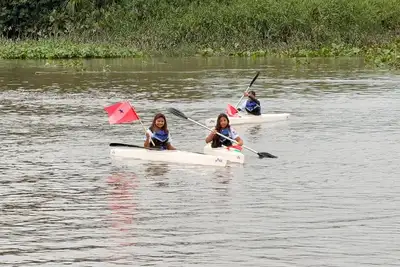Fishermen from Maracanã can obtain identity cards (RG) at Emater office
The goal of the partnership with the Civil Police is to facilitate documentation for the rural area
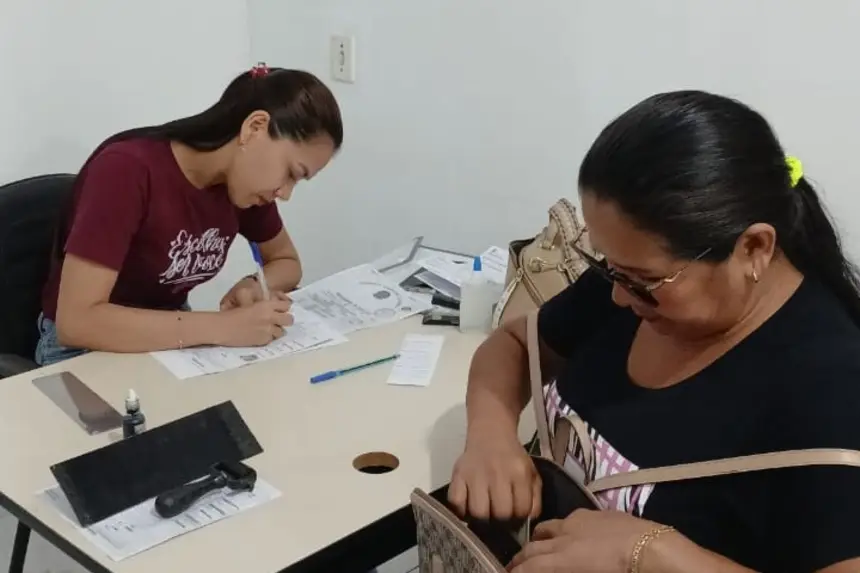
Since Monday (8) and for an indefinite period, the local office of the Technical Assistance and Rural Extension Company of the State of Pará (Emater), in the Centro neighborhood of Maracanã, in the Guamá region, is open for rural residents to request a second copy of their identity card, known as "RG" (general registry).
The partnership with the Civil Police (PC) ensures the issuance of the document the day after the visit. The intention of this institutional partnership is to facilitate the updating of documents, especially for fishermen. Some live about 90 km away from the municipality's headquarters. The paths are interspersed by the Maracanã River and its branches, as well as by the access roads of federal highways BRs-127, 395, and 430.
According to Emater specialists, the estimated service is about 500 citizens by the end of the year. With invalid RGs, due to issues such as unclear photos or paper deterioration, fishermen are prevented from accessing social benefits and rights of the category, such as the unemployment insurance for fishermen.
The multi-institutional program of the Government of Pará also provides for an itinerant effort in the communities once a month. "For the 'family farmer', a concept that, in terms of public policies, includes the fisherman, Emater's involvement is a huge simplifier, especially considering that everything needs to be in order officially, so that we can intermediate, for example, rural credit projects," emphasized the head of the local Emater office in Maracanã, agricultural technician Djavan Ulisses Farias.
"We end up saving these families from multiple trips, which implies costs and lost time. Not to mention the elderly and people with reduced mobility in general, for whom it is much more burdensome to travel from the countryside to the city," added Djavan Farias.
Fisherwoman Cláudia Monteiro, 53, from the riverside village of Aricuru, sought the service this Tuesday (9). "My last RG is from 2019, but I have changed a lot and I don't look like the same person in the photograph, which causes the bank to refuse (account opening, financing). I thought it was great to be able to come directly to Emater - which already serves everyone from Aricuru for artisanal fishing - and solve the problem, because we don't have to keep going from one place to another to resolve: we do everything together," she says.
Regularly attended by Emater, Cláudia Monteiro's daily life involves fishing for species such as rays and catfish in the Maracanã River, either by canoe or from the bridge, using nets or "rabadela", which is a fishing tool made of line and hook.
Text by Aline Miranda


